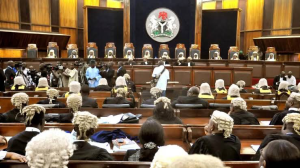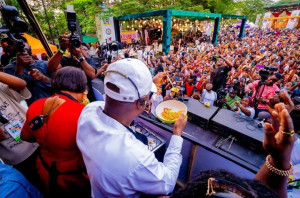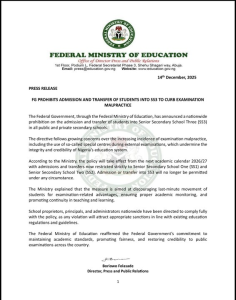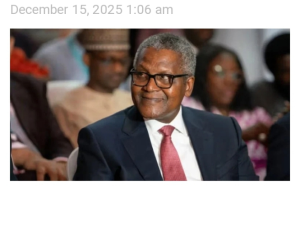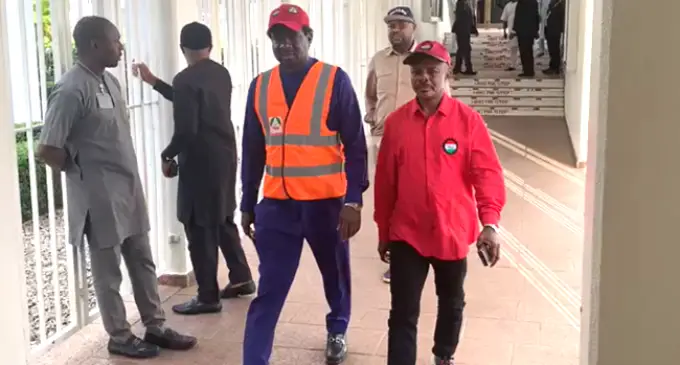
The Federal Government’s failure to present a new offer beyond the N60,000 minimum wage proposed last week has stalled ongoing negotiations. President Bola Tinubu had directed the Minister of Finance and Coordinating Minister of the Economy, Wale Edun, to provide cost implications for a new minimum wage and present a realistic figure.
Despite this directive, no new proposal has been made, causing the latest negotiation session to end inconclusively.
President Tinubu’s order to Wale Edun aimed to establish a basis for negotiation with labor representatives. He urged swift action to finalize the new minimum wage promptly. However, at the meeting held at 3:30 PM yesterday, it was evident that the government had yet to fulfill the President’s directive.
A source familiar with the proceedings stated, “The meeting was adjourned to allow the Minister of Finance to meet the President’s deadline for presenting the cost implications.
We deliberated generally, but the government team needed to adjourn to provide the President with the required information.”
Present at the meeting were the Minister of Finance, the Minister of Budget and Economic Planning, and the Minister of State for Labour. The negotiations are set to resume today at 2 PM.
In a related development, organized labor has criticized Senate President Godswill Akpabio’s recent remarks, which described the nationwide strike as economic sabotage. Labor leaders argue that the true economic saboteurs are those mismanaging national resources, not the workforce.
The Nigeria Labour Congress (NLC), through its Head of Information and Public Affairs, Benson Upah, stated that the strike, initiated on June 3, was a response to the Federal Government’s refusal to conclude minimum wage negotiations and address electricity tariff hikes. The NLC emphasized that strikes are a democratic right and a necessary tool for holding those in power accountable.
“The accusations by Senator Akpabio are baseless and troubling. For the past 25 years, the political elite have sabotaged Nigeria through corruption and abuse of power. The real economic saboteurs are not the labor force but those looting national resources,” the NLC statement read.
Meanwhile, the House of Representatives has called for a living wage for Nigerian workers, arguing that the proposed minimum wage is insufficient given the current economic conditions. During a plenary session, lawmakers expressed support for the labor unions’ demands while condemning the shutdown of essential services during the strike.
Ali Jesi (APC, Gombe) moved a motion emphasizing the need for a living wage, noting that the existing minimum wage, which commenced in April 2019, expired on April 18, 2024. He called for a review of the wage act to reflect the current economic realities.
Kingsley Chinda, the minority leader of the House, supported the call for a living wage, questioning whether the government had fulfilled its primary purpose of ensuring the security and welfare of the people. However, he cautioned labor unions against actions that negatively impact the public, such as the shutdown of the national grid.
Deputy Speaker Benjamin Kalu, presiding over the plenary, stressed that those in essential services should not go on strike, urging for a redirection of negotiations towards establishing a realistic living wage and reducing electricity tariffs to alleviate the suffering of Nigerians.
The House resolved to expedite the legislative process for amending the minimum wage bill once presented and referred the matter to the House Committee on Labour and Employment for further deliberation.
As negotiations continue, the labor unions remain steadfast in their demand for a fair minimum wage, urging the government to engage in constructive dialogue to improve living standards for Nigerian workers.

